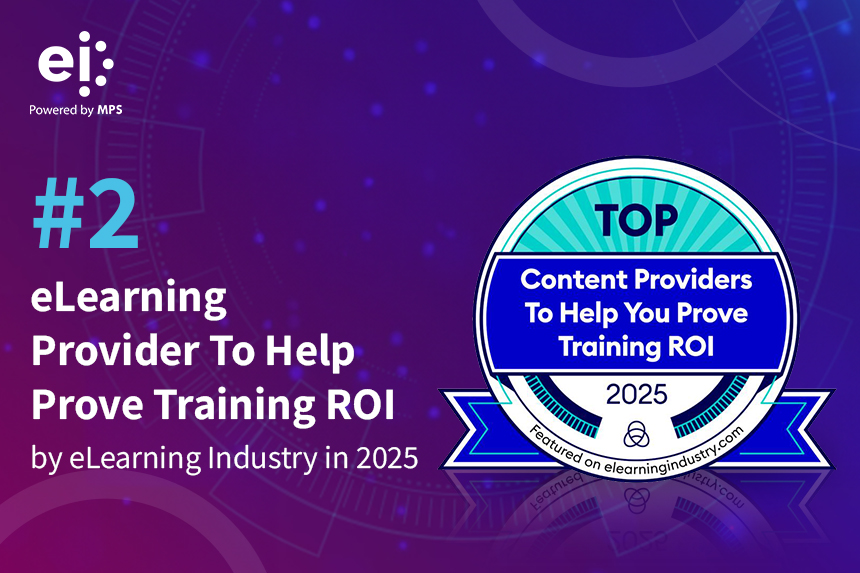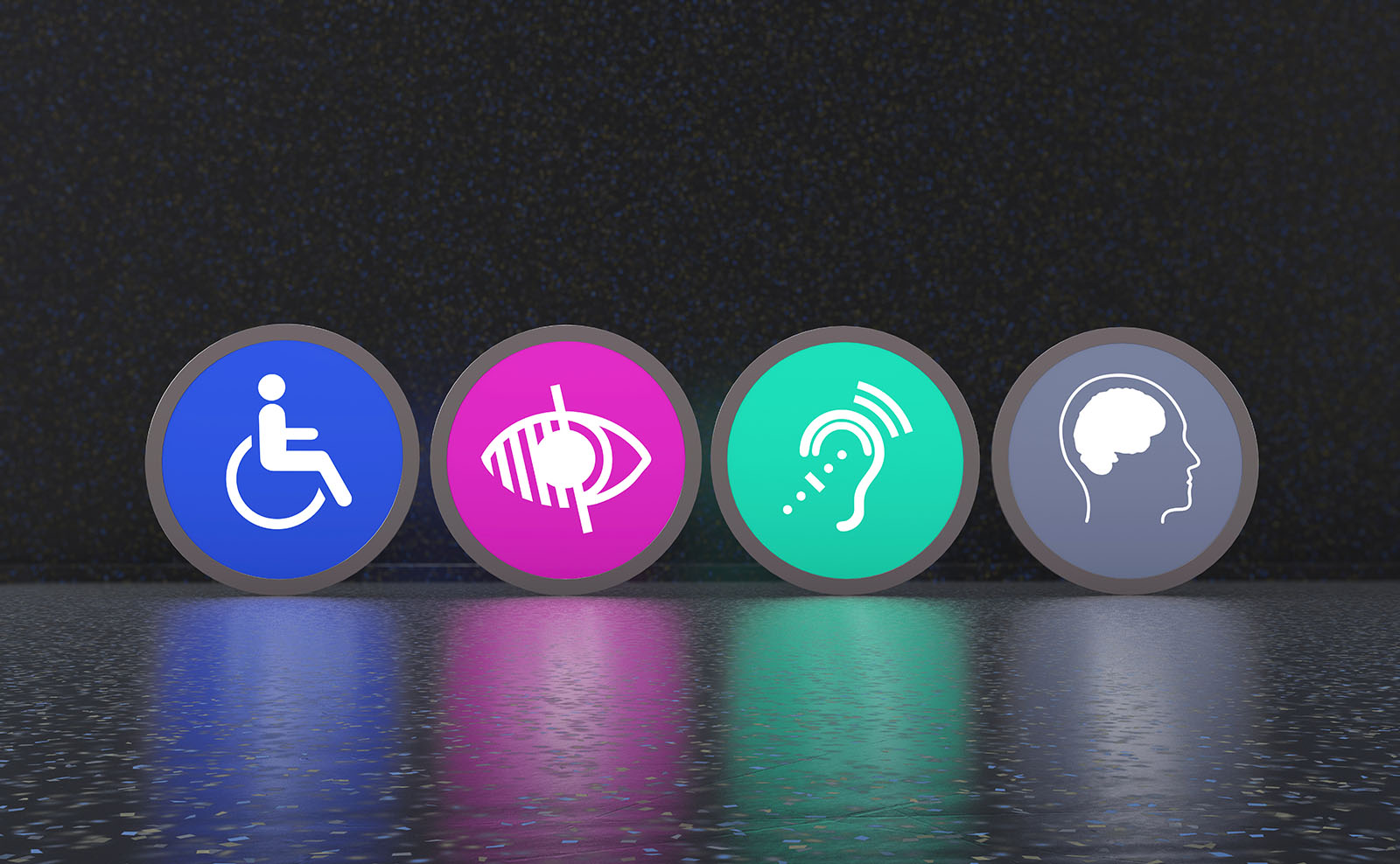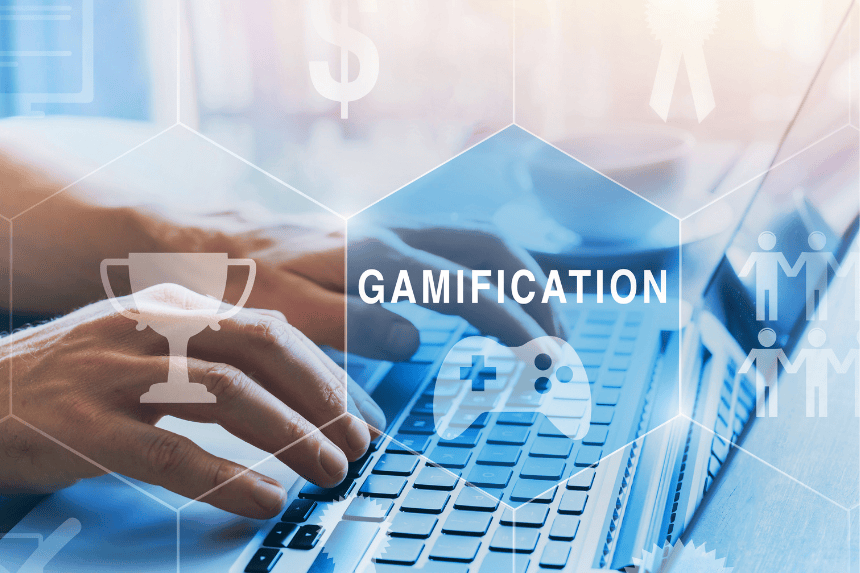
Summary
The edge that a bespoke or custom developed course has over off-the-shelf course is well established. In this article I will illustrate the power of bespoke eLearning to create sticky learning through 6 examples. I have picked examples that address varied training needs like compliance, application simulation, and professional skills.
Bespoke eLearning is a specifically designed online training package that meets the requirements, objectives, and even particular learner profiles of any organization. Tailored to align with the unique characteristics and culture of an organization, this is how the training becomes relevant, engaging, and fruitful. Customization from content to delivery and design is enabled in a manner that truly makes learning significant, even in the dynamic arena of regulatory or subjective policies and possibly learner feedback.
Choosing Between Off-the-Shelf and Bespoke eLearning Courses
There are two kinds of online courses that you can choose from for your eLearning needs:
- Off-the-shelf courses (generic).
Off-the-shelf courses are ready to use. - Bespoke (also known as custom) courses.
Bespoke or custom courses, as the name suggests, are specifically designed or tailor made to meet your requirement.
Off-the-shelf courses can be deployed quickly, whereas bespoke or custom courses will need longer time to develop and deploy. While bespoke courses may be more expensive on account of initial development costs, they would not have any associated recurring licensing costs.
Why Invest in Bespoke eLearning ?
Investing in bespoke eLearning development allows organizations to mold personalized training solutions to suit their distinct challenges and goals. These custom-made materials are indispensable since they keep a learning audience engaged while also lending meaning to a business’s objectives, thus enhancing retention of learning activities by trainees. By integrating examples with real-life situations and adding interactive components to the complete solution, bespoke eLearning underlines employee motivation and satisfaction, providing measurable jumps in performance and productivity.
Bespoke eLearning, on one hand, imparts necessary skills to the employees and, on the other, gives businesses a strategic advantage to foster innovation and business growth. The tailoring or customization philosophy relies on organizing employees so that they can foster interests that would build them considerably more engaged while restraining their essence of departure with time. Essentially, bespoke eLearning gets employees back into the fold by generating them as employees who are capable of delivering improved work and highly motivated to make a mark in progress.
How Does Bespoke eLearning Fare Against Off-the-shelf ?
Off-the-shelf courses are quicker to deploy but have certain inherent shortcomings. By definition, they are generic and may not be able to meet the specific requirements of your organization. Again, they offer standard features that you need to live with and they cannot be customized to suit your specific requirements.
Let us see how these aspects are offset in the bespoke approach and what advantages you will get when you opt for it:
- Branding Integration: Bespoke courses are developed according to your brand, incorporating your imagery and tone, which helps learners connect better with the content. This integration fosters a sense of belonging and alignment with organizational culture.
- Targeted Content: The content is specifically designed for your organization and learners, ensuring it is engaging and relevant to the required learning objectives. Customization ensures that every course addresses unique industry challenges or specific company policies, leading to higher learner engagement and retention.
- Custom Learning Experience: The learning strategy and experience are tailored to your program, using methods best suited to your organization’s goals. Bespoke eLearning delivers more focused, specific learning outcomes, boosting overall effectiveness.
- Personalized Assessment: The assessment strategy is customized to align with both your learning and business goals, ensuring assessments are more relevant to learners’ day-to-day tasks and performance expectations. This leads to more accurate and actionable feedback for continuous improvement.
- Flexible Delivery Modes: The mode of delivery will be determined by what suits your needs: traditional eLearning or through several devices – a tablet in particular, smartphone. This flexibility gives rise to more adaptable learning solutions that cater to diverse learner preferences and access requirements.
- Performance Support: You can supplement the eLearning with performance support tools to reinforce actual applications of the knowledge gained by the learner in real-world contexts that will assure better ROI. Interventions in performance support are critical to improving the transfer of knowledge into on-the-job performance, which results in more potent learning.
Factors to Consider While Deciding Between Bespoke vs Off-the-shelf
When choosing between bespoke and off-the-shelf learning solutions, it’s essential to weigh several factors that align with your organization’s specific goals, resources, and long-term training needs.
- Organizational Needs and Goals: Bespoke courses address specific organizational challenges and industry requirements, offering tailored content aligned with company goals. Off-the-shelf courses are better for general skills like compliance or soft skills.
- Budget Constraints: Off-the-shelf courses are more affordable upfront, while bespoke solutions involve higher costs but offer long-term benefits through customization and scalability.
- Timeline and Speed of Deployment: Off-the-shelf courses can be deployed immediately, ideal for tight timelines. Bespoke courses require more time for design but ensure highly relevant, tailored content.
- Scalability and Reusability: Bespoke courses are easily scalable and adaptable, while off-the-shelf courses may not evolve as efficiently with business changes.
- Customization and Learner Engagement: Bespoke courses offer high customization, integrating branding and learning objectives to enhance engagement. Off-the-shelf courses lack flexibility and may result in lower engagement if content feels too generic.
- Content Relevance and Depth: Bespoke courses deliver deeper, more relevant content tailored to specific organizational needs, whereas off-the-shelf courses often focus on foundational training.
- Long-term Impact and ROI: Bespoke solutions have higher upfront costs but offer a better long-term ROI through their relevance and ability to close skill gaps. Off-the-shelf courses provide immediate savings but may not address long-term needs effectively.
Types of Bespoke eLearning
It’s important to explore the various bespoke eLearning approaches, as each one is tailored to meet specific organizational needs and learning objectives.
- Scenario-Based Learning
Learners engage with interactive scenarios that replicate real-world situations, helping them apply their skills in practical contexts.
- Microlearning
Short, targeted modules focusing on specific topics that enhance retention and are perfect for quick, on-the-go learning.
- Simulation-Based Training
Digital simulations provide learners with the opportunity to practice tasks in a controlled, risk-free environment.
- Gamification
By integrating game-like elements such as points, badges, and leaderboards, this approach increases learner engagement and motivation.
- Blended Learning
A combination of both online and offline learning methods, offering flexibility while still providing the advantages of in-person training.
- Compliance Training
Custom-designed courses ensure that employees fully grasp industry regulations and internal policies.
- Soft Skills Development
Tailored eLearning programs that focus on improving key soft skills, such as leadership, communication, and teamwork, specific to the organization’s needs.
The Bespoke eLearning Advantage Through 6 Examples
Let me illustrate the advantages of bespoke eLearning through 6 examples.
I have selected examples that address varied training needs like compliance, application simulation, and professional skills. The first example illustrates an approach that is scalable and can be applied for any training area like soft skills, induction programs, and so on.
Bespoke eLearning Example 1: Immersive Learning on Safety & Compliance Training
The purpose behind this course was to create a game-based, device agnostic learning that can be consumed on the go. We strategized an app-based game with a Microlearning approach.
Keeping in mind the subject—security and compliance—we personalized the login with a thematic game and visuals. The mission-oriented outcome with content and challenges (scenarios) served as impetus to complete the learning journey.
Impact: Higher motivation due to the continuous challenges that drive a sense of accomplishment with each successful completion.

Bespoke eLearning Example 2: Mobile-first Course on Writing Effective Storyboards
This is an example of a mobile-first course, which uses the narrative of a character called “Nina” who is an Instructional Designer. The entire course follows her journey, and in the process, learners pick up the required skills to create effective storyboards.
- In this story, she first prepares for an interview for the position of Instructional Designer, attends the interview, and starts working in the company after getting selected.
- A common thread is used to drive the learning across the module – Nina’s journey, which is very relatable to the intended audience. In the process, the learner understands what storyboards are and various tips and best practices to create effective storyboards.

Bespoke eLearning Example 3: Product Sales Training for Call Center Representatives
A well-known Telecommunications company sought to train its Sales Representatives in adopting a ‘consultative’ sales approach with customers.
We designed a gamified module with 5 progressive levels that a learner had to successfully pass to become certified as the ‘Product Ambassador.’
Each level featured scenario-based challenges, accompanied by tips and best practices provided through feedback, as well as:
- Personalization was achieved by allowing learners to select their name and avatar.
- A variety of gamified activities, including scorecards, timers, and progress scales/meters, were incorporated to avoid monotony.
- Limited clues/hints were provided within the module to guide learners in making informed decisions.
The Impact: The company observed a significant increase in sales rates within 90-120 days of implementing the training module.

Bespoke eLearning Example 4: A Hyper-Personalized Compliance Simulation for Legal Team Members
A multinational oil and gas company sought to transform its dense legal documents into an engaging learning experience that would capture and maintain learners’ interest. Our solution involved interactive scenarios tailored to the learners’ roles and profiles, allowing them to effectively apply the document contents. Additionally, the learners’ performance in these activities were continuously tracked to offer relevant content assets based on their progress to enhance their understanding and improve performance in subsequent activities.

Bespoke eLearning Example 5: Product Training for Sales Agents with a Pre-Assessment
A leading runner in the tobacco industry recognized that its sales agents required thorough product knowledge to increase their lead generation. To address varying levels of experience among the agents, we implemented a pre-assessment at the start of each module. This assessment gauges their current proficiency levels and learning preferences. Based on their scores and preferences, we tailored topic recommendations to personalize their learning journey. This approach enables learners to efficiently access pertinent information while also offering opportunities to explore additional topics of interest.

Bespoke eLearning Example 6: An Adaptive Skill Development Platform
A DEI consulting company needed an innovative solution to equip its employees with cultural intelligence skills and country intelligence skills. As part of our solution, we created adaptive learning pathways and recommendations based on learner preferences as a quick way to access important learning content, that was deployed through a portal.

I do hope these examples illustrate the power of custom or bespoke eLearning in creating an effective and immersive learning experience. I look forward to your feedback and suggestions.



